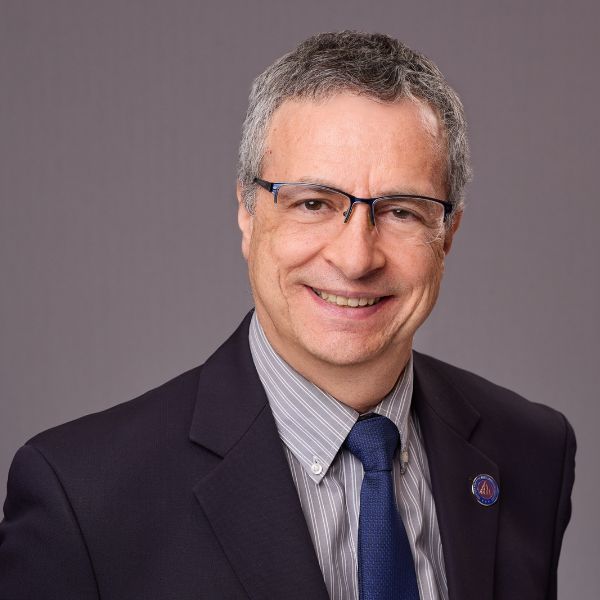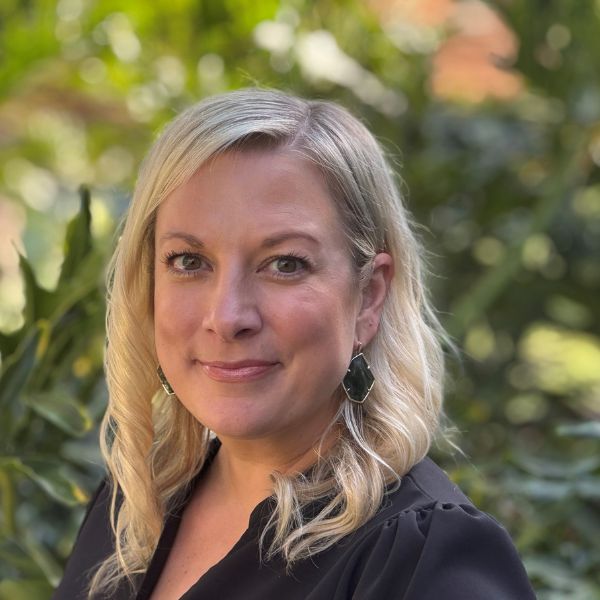Chair
Ray Wickenheiser
Retired Director for the New York State Police Crime Lab System
Dr. Ray Wickenheiser, is the retired Director of the New York State Police Crime Laboratory System, formerly headquartered in Albany, New York. Ray is now located in Lafayette, Louisiana, where he provides forensic consulting and training. His areas of expertise include crime lab administration, quality management, conflict resolution, forensic DNA and mixture interpretation, serology, hair and fiber trace evidence, physical matching and comparison, glass fracture analysis, forensic grain comparison and forensic investigative genetic genealogy.




